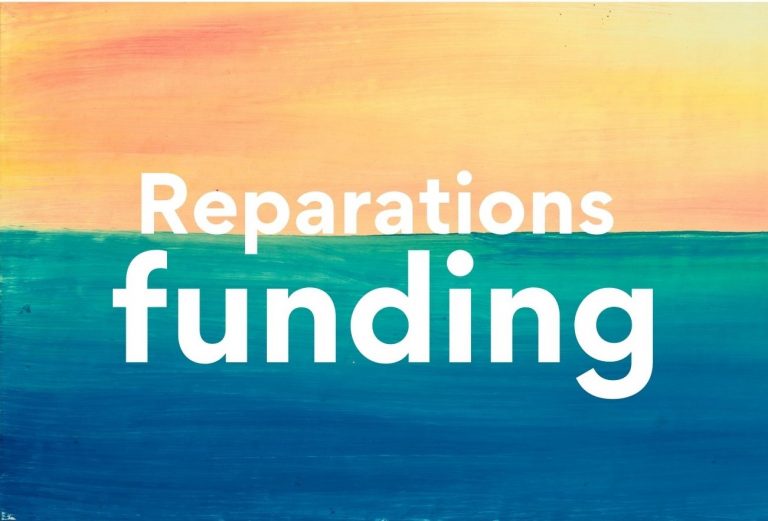Special Legislation Proposed To Enable Amherst’s Reparations Program

Photo: City of Ashville, NC
Report On The Meeting Of The African Heritage Reparations Assembly, August 1, 2022
Present
Michele Miller (Chair), Debora Bridges, Hala Lord, Yvonne Mendes, Alexis Reed, Irv Rhodes, Amilcar Shabazz
Staff: Pamela Young (DEI Director, Staff Liaison) and Paul Bockelma, Town Manager
The meeting was held on Zoom and was recorded. That recording can be found here.
The African Heritage Reparations Assembly (AHRA) met with Lauren Goldberg and Devan Braun of K-P Law to discuss mechanisms that the town may use to disburse reparations to members of the African American community who have been harmed by current and past racism. According to Goldberg and Braun, disbursement of public funds is governed by the “public purpose rule” and the “Anti-Aid Amendment” to the state constitution. The first mandates that public funds must provide a benefit to the community and the latter prohibits those funds going to individuals or religious institutions.
In June 2021, the Town Council established a stabilization fund to serve as a source of reparations for Amherst’s Black community. In June 2022, the town’s contribution to the fund was increased to $2 million over the next ten years. Studies by Reparations for Amherst and Seven Generations Movement Collective demonstrated substantial harm to African Americans in Amherst in terms of housing, health, policing, and other aspects. The application to the state legislature for special legislation asks that the town be permitted to disburse these funds to the community as designated by a commission established for that purpose.
Goldberg and Braun said that the Department of Revenue discourages grants to individuals and churches, although with Community Preservation Act grants the municipality may decide it has a public interest in preserving a religious building. To avoid the recent challenges to affirmative action programs, the attorneys recommended stressing that reparations are to remediate past harms rather than race. However, they said anything can be challenged.
The application for special legislation cannot be submitted before January, 2023 and typically takes quite a while to be taken up by the state House and Senate. There is always the chance that the counsels of either body may declare the request unconstitutional or that the legislature may want to develop a statewide regulation. Therefore, Goldberg and Braun recommended that the AHRA proceed on other fronts as well. Using the funds to establish a Youth Empowerment Center, for instance, would probably not require special legislation, but only certification that it fulfills the goals of reparations. However, disbursing grants to homeowners, as was done in Evanston, Illinois, would most likely be challenged.
Private donations are subject to different rules. A gift would function as a trust set up for a given purpose, but problems can arise if there is not enough flexibility in how the gift can be used according to the donor’s wishes. The town council must decide whether or not to accept a gift and its attached conditions.
The AHRA must determine the long and short-term goals for reparations. This will require substantial outreach to the community. The Black census conducted in partnership with the Donahue Institute will be primary avenue for reaching residents of African heritage. The committee members also discussed using the Engage Amherst website as a means of reaching out to the community. AHRA member Amilcar Shabazz suggested letting the stabilization fund grow to an endowment which can disburse funds from the accrued interest, but it is important to establish eligibility standards prior to filing the application for special legislation. He hoped that Amherst could serve as a catalyst for setting up similar programs throughout the state.
The AHRA will next meet on Monday. August 15 at 2 p.m. with the main topic being community outreach.
